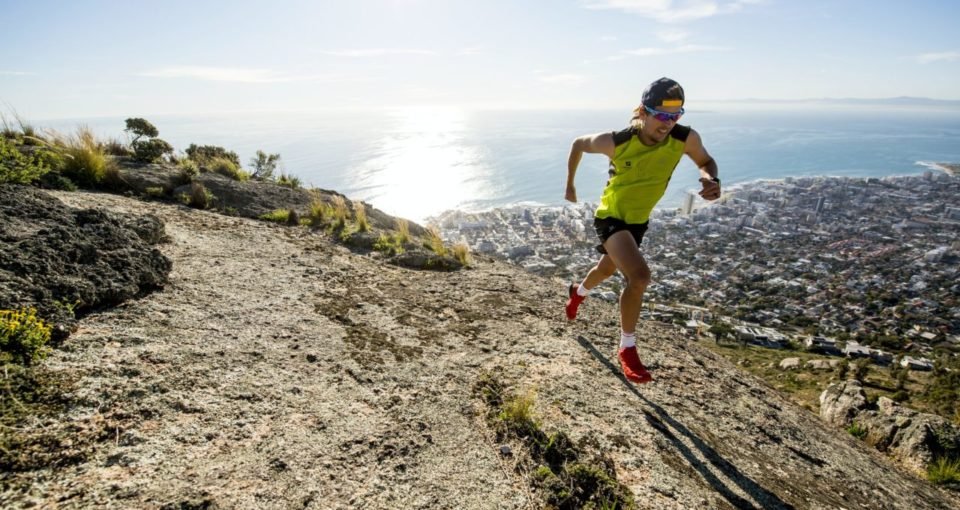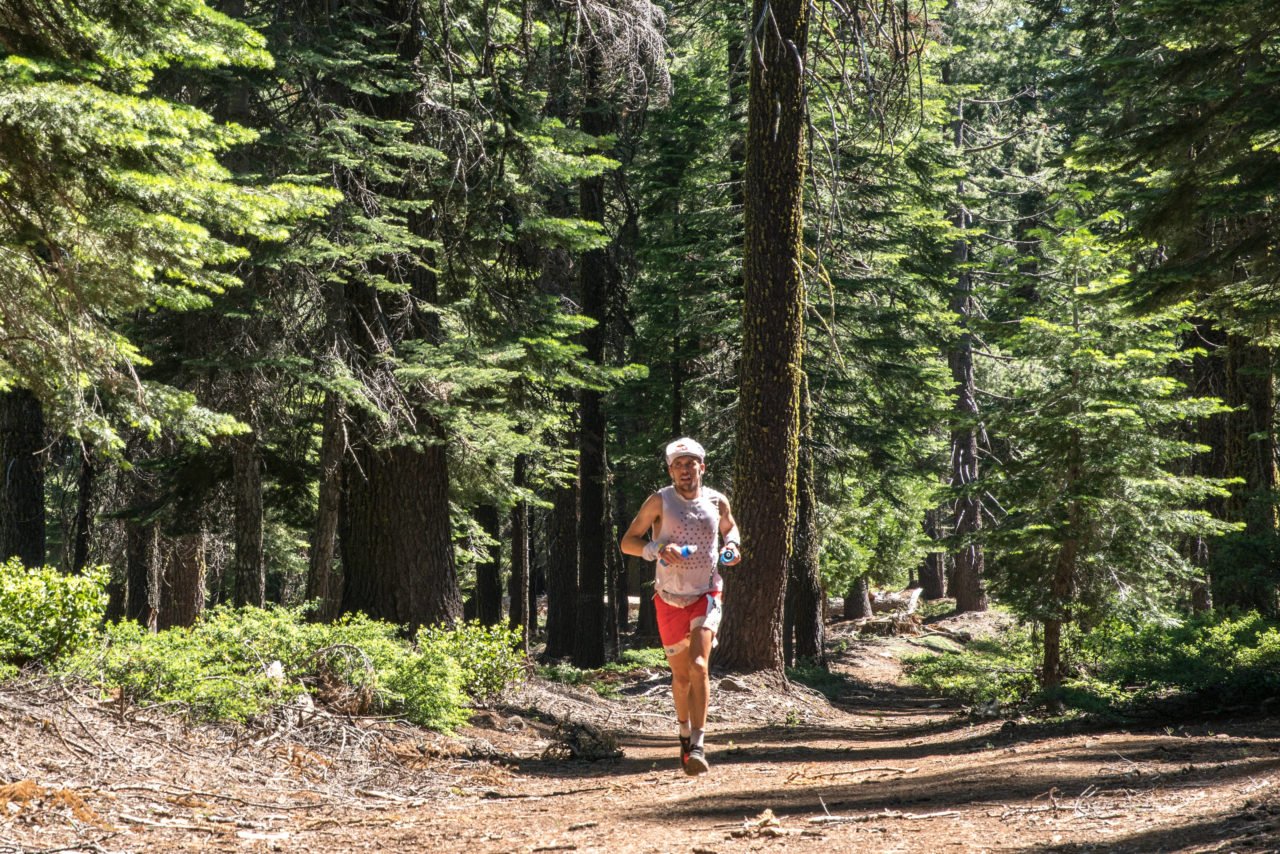Training Notes: Ultra-distance Trail Runner Ryan Sandes
Will Ross, September 1, 2017

Few cities in the world can match Cape Town’s might backdrop, a patch of earth that rises a full 1000m practically a stone’s throw from the ocean. For trail runner Ryan Sandes, this piece of work offers and office and platform for a career which continues to rise to new heights, most recently with victory in the Western States 100 in Lake Tahoe, California. Red Bull produced a clip covering the race and how Sandes’ priorities have changed in his life since his first attempt in 2012.
Where do you usually train?
When I am at home in Cape Town I do a lot of my training on Table Mountain – it’s on my back doorstep and has some great variety in trails.
How important is location for your training – access to terrain or facilities?
It is important to make the best with what you have access to but I am really spoilt living on the back slopes of Table Mountain. The conditions are great for training but since Cape Town is at sea level, we lack the altitude.
What does a typical week look like when you’re at your home base?
It depends what race or event I am training for. I would say on average I now do about 12 to 15 hours of running a week. I also do about 3 hours of strength work and mobility to keep my body moving correctly.
What kind of training do you do when you’re short of time?
Luckily with running you can get a really good work out in with limited time. There is a small peak next to Table Mountain called Lions Head – if I am short on time it is always nice to go up and down Lions Head. It can be quite an intense workout and is fairly technical towards the top.

Do you mainly train alone or with other people or groups?
I do a lot of training on my own but have some training buddies too. I guess I do 80% of my running on my own.
How does your winter training differ from your summer training?
In Cape Town our winters are very mild so I can run all year round. I do try and take a month or two off over the summer (US and European winter) to do a strength block of training.
How has your training evolved in the course of your career?
After battling with mononucleosis in 2015 and a bit of overtraining syndrome, I have reduced my training and racing a bit. I try to focus more on specific blocks of training and incorporate more rest in my training and racing now. I want to prolong my career so rest is important.
How important is nutrition for you?
I don’t follow a strict diet but I try and eat organic and whole foods. It’s important to eat a good diet and fuel your body properly.
What are your nutrition secrets, recipes or snacks that everyone should think about using?
I am a big believer in bone broth – it is great for recovery.
What other parts of your work are important for your career, but aren’t specifically to do with training? What is important “behind-the-scenes” work?
In order to be a sponsored athlete, you have to give your dream gives a good return on investment. That includes being a good ambassador and having a following. I spend a lot of time on social media, doing work with media, planning projects etc. It is a full-time job and I work longer hours than when I worked a 9-5 job, but I love what I do!
Follow Ryan on Instagram to take a closer at his training, and to build your own pot of terrain envy. Next up for Ryan is the UTMB in Chamonix, follow the race here. Header photo: Craig Kolesky / Red Bull Content Pool